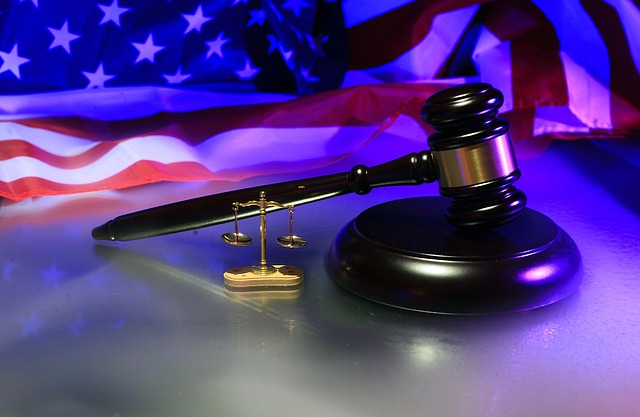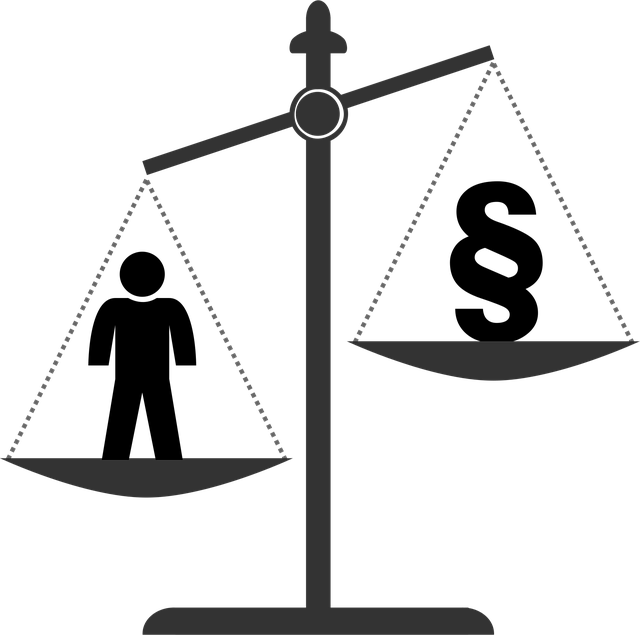In financial crime cases, witness credibility is crucial for successful prosecutions. Defense teams use strategies like examining prior statements, exploring biases, and questioning account consistency to cast doubt on testimonies. These tactics, including cross-examination and analysis of similar cases, are vital for achieving just verdicts in complex financial crimes. "Strategies to Contest Witness Credibility in Trials" provides powerful tools for defense attorneys, ensuring fairness and improving outcomes in white-collar and economic crime trials nationwide.
“Uncovering the truth in financial crime trials demands a meticulous approach to witness credibility. This article explores effective strategies to contest witness testimony, offering legal professionals insights into navigating complex financial investigations. From understanding the nuances of witness reliability to employing advanced cross-examination techniques and leveraging expert analysis, these tactics ensure a fair and accurate trial process. Discover how to identify inconsistencies, challenge biases, and strengthen your case with evidence-based methods designed specifically for financial trials.”
- Understanding Witness Credibility in Financial Trials
- Common Tactics to Challenge Testimony Effectively
- Cross-Examination Techniques for Accurate Evaluation
- Utilizing Expert Analysis to Discredit Claims
- Legal Strategies for Overcoming Bias and Inconsistencies
Understanding Witness Credibility in Financial Trials
In financial crime probes, witness credibility stands as a cornerstone of any successful prosecution. The unprecedented track record of a witness can significantly sway a trial’s outcome. However, strategies to contest witness credibility in trials are paramount for defense teams. By examining prior statements, exploring potential biases, and questioning the consistency of their accounts, attorneys can challenge the reliability of testimonies, aiming to avoid indictment or mitigate penalties.
Understanding these strategies is crucial as witnesses may present themselves as impartial observers while harboring ulterior motives or facing personal consequences. Across the country, successful defenses have leveraged these techniques to cast doubt on witness testimonies, ultimately shaping the narrative in favor of the accused. This meticulous approach requires a deep dive into every aspect of the witness’s background and history, ensuring a fair and just trial.
Common Tactics to Challenge Testimony Effectively
In finance crime probes, challenging witness testimony is a critical component of mounting an effective defense strategy. One common tactic involves meticulous cross-examination to uncover inconsistencies or biases in the witness’s statements. Defense attorneys may probe for any prior conflicts of interest, personal relationships with the accused, or financial incentives that could skew their recollection of events. By questioning these factors, lawyers aim to weaken the witness’s credibility and present a more uncertain picture to the jury.
Additionally, using strategic line-by-line analysis of documents and comparing them against the witness’s testimony can be powerful. This approach helps in identifying discrepancies and highlights any attempt to alter or embellish facts. Presenting alternative explanations for the witness’s actions or statements, while supporting these with compelling evidence, can lead to a complete dismissal of all charges. Such strategies, when executed effectively, strive for achieving extraordinary results and winning challenging defense verdicts.
Cross-Examination Techniques for Accurate Evaluation
In finance crime probes, cross-examination plays a pivotal role in uncovering the truth, especially during trials. Accurate evaluation demands sophisticated strategies to contest witness credibility. Legal professionals must employ a range of techniques to challenge testimonies, ensuring every piece of evidence is scrutinized for consistency and reliability. This process involves delving into the context of statements, examining potential biases, and exploring any discrepancies across the country in similar cases, all stages of the investigative and enforcement process.
High-stakes cases often require a nuanced approach when questioning witnesses. Lawyers may use leading questions to highlight contradictions, cross-reference prior statements with current testimonies, or explore the witness’s understanding of financial concepts. By doing so, they can expose weaknesses in the evidence presented, which is crucial for reaching just verdicts. These strategies are essential tools in the legal arsenal when dealing with complex financial crimes.
Utilizing Expert Analysis to Discredit Claims
In finance crime probes, discrediting witness claims is a critical aspect of building a robust defense strategy. Expert analysis plays a pivotal role in this process, offering insights and methods to challenge the credibility of witnesses testifying against individuals or entities under investigation. By employing sophisticated strategies, attorneys can effectively contest witness accounts, potentially altering the course of trials.
One such strategy involves leveraging general criminal defense techniques tailored to financial cases. This includes thorough fact-checking, examining inconsistencies in witness statements, and presenting alternative explanations for alleged misconduct. Moreover, experts can employ unprecedented track records of successful defenses to bolster their arguments, thereby weakening the prosecution’s case and, in some instances, even avoiding indictment.
Legal Strategies for Overcoming Bias and Inconsistencies
In finance crime probes, particularly for white collar and economic crimes, one of the significant challenges defense attorneys face is overcoming witness inconsistencies and bias during trials. Strategies to Contest Witness Credibility in Trials are essential tools for achieving justice. By utilizing thorough cross-examination techniques, legal professionals can expose contradictions in a witness’s testimony, raising doubts about their reliability. This approach involves questioning not only the facts but also the witness’s motivations, biases, and potential influences that may skew their perception.
Furthermore, legal experts employ expert witnesses and statistical analysis to challenge the prosecution’s narrative. Presenting alternative explanations or using economic models to interpret financial data can disrupt the assumption of a witness’s validity. These strategies aim to ensure fairness in court by providing a balanced perspective, especially when dealing with complex white collar and economic crimes cases across the country. For his clients, an adept defense strategy that challenges witness credibility enhances the chances of a favorable outcome.
In the intricate world of finance crime probes, understanding witness credibility is paramount. By employing effective strategies to contest testimony, such as cross-examination techniques, expert analysis, and legal tactics to overcome bias, professionals can ensure a more accurate evaluation of evidence. These methods are crucial tools in navigating complex financial trials, ultimately helping to deliver just outcomes. When utilized appropriately, these strategies can significantly strengthen the prosecution’s case and weaken defenses based on unreliable or biased witness statements.






